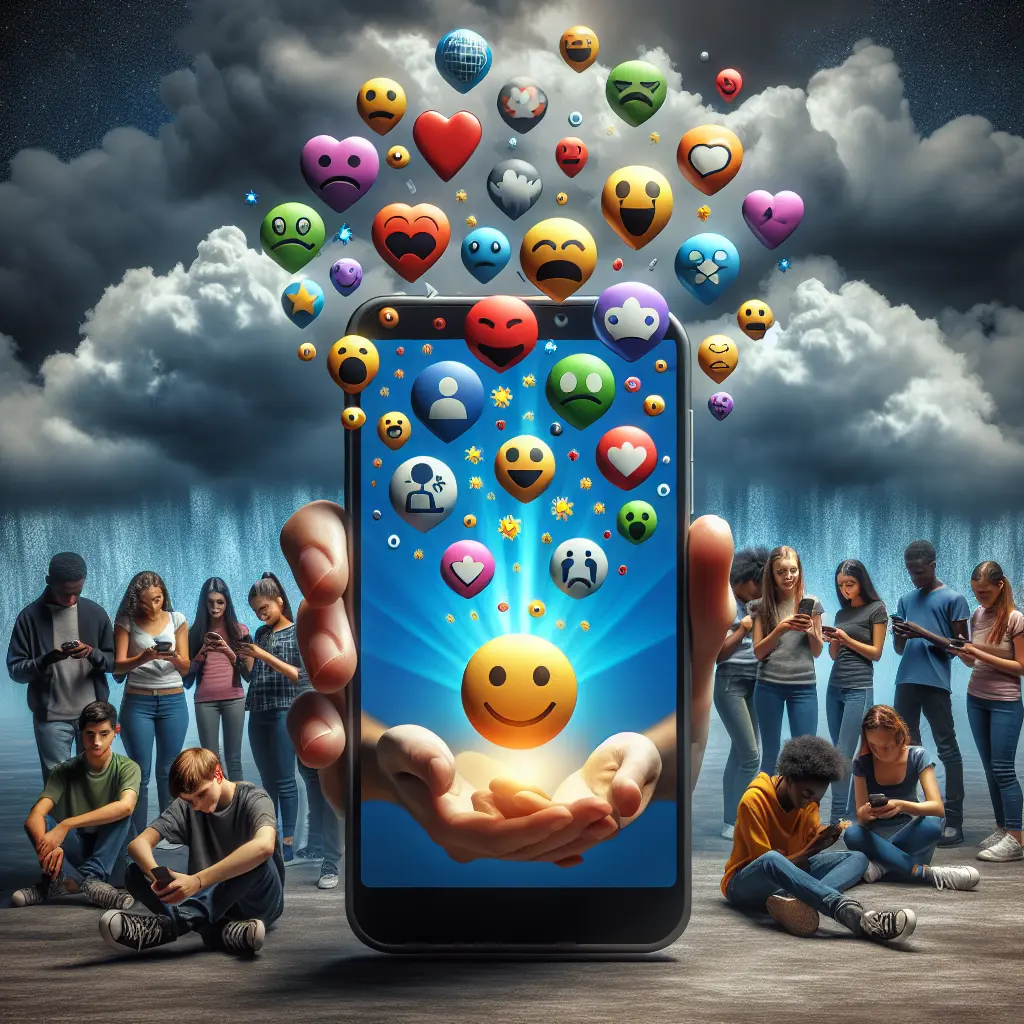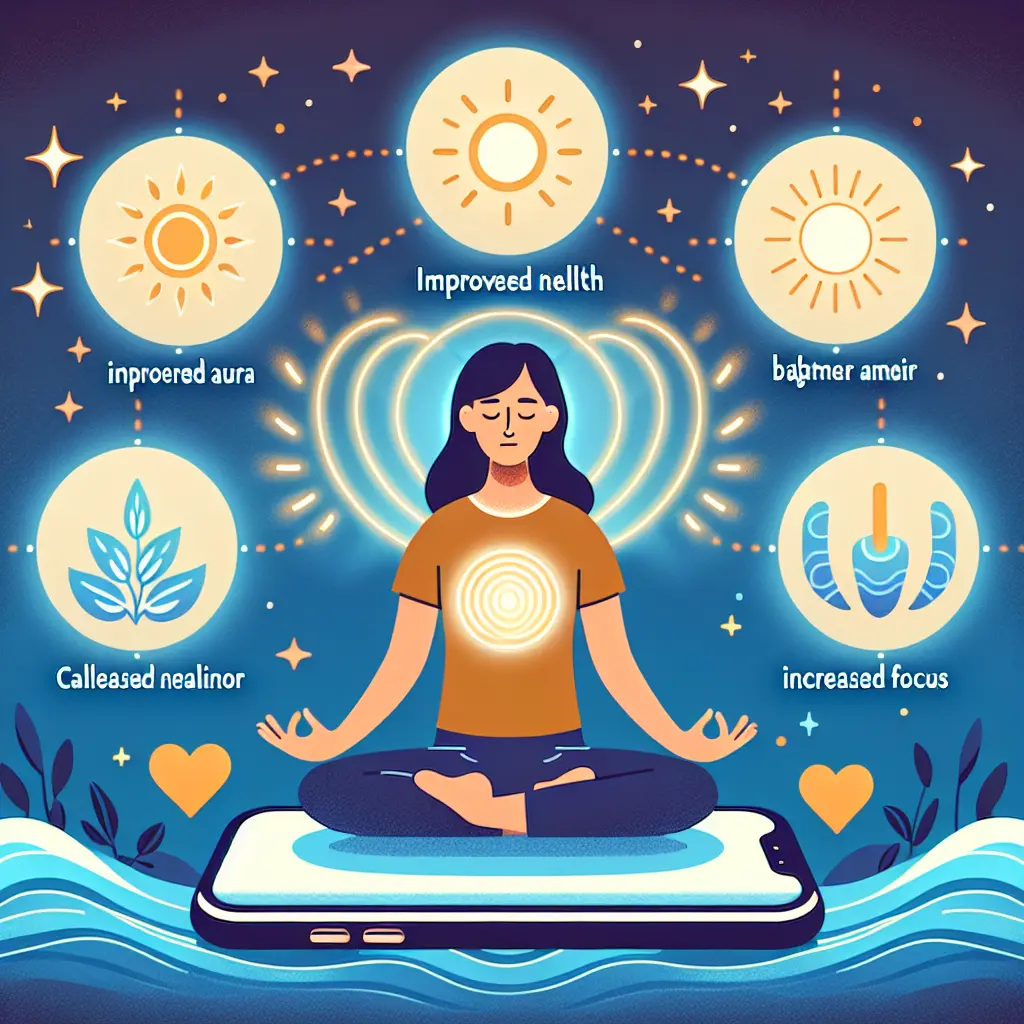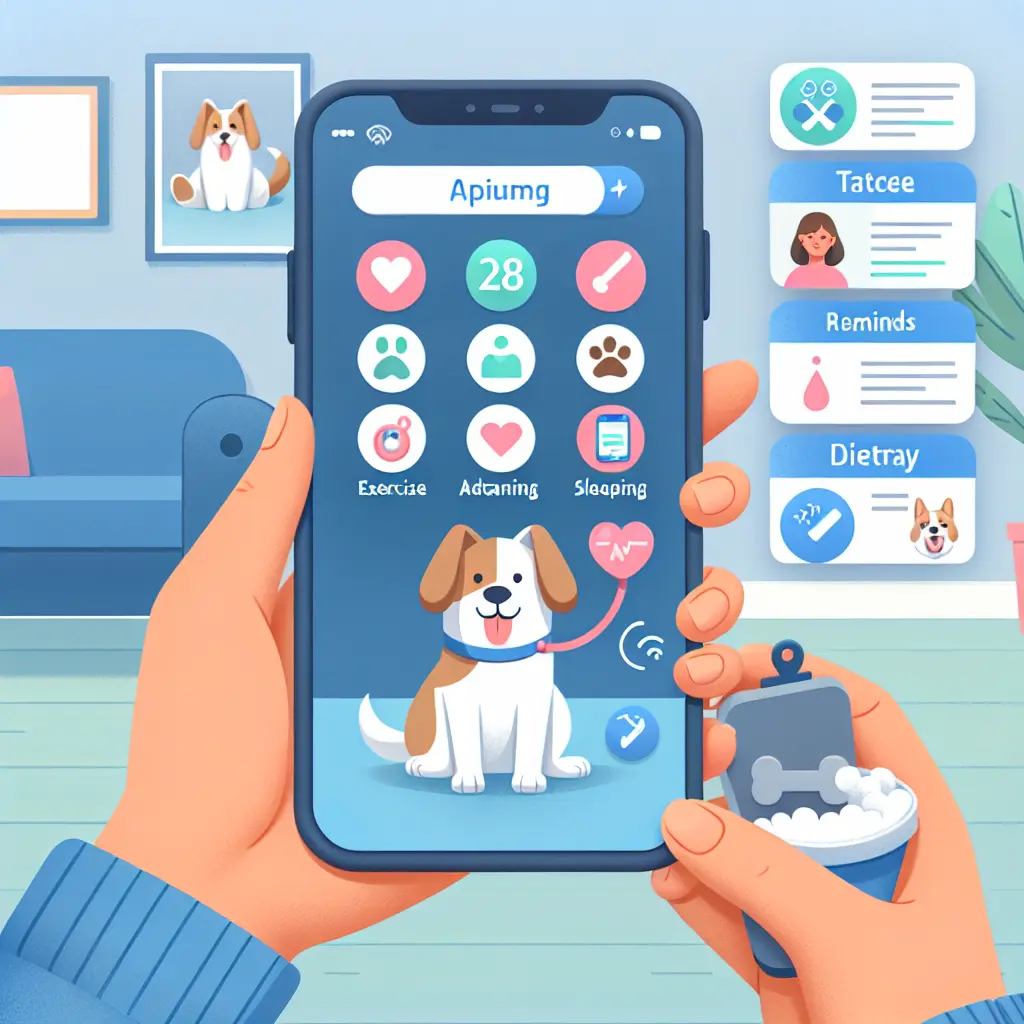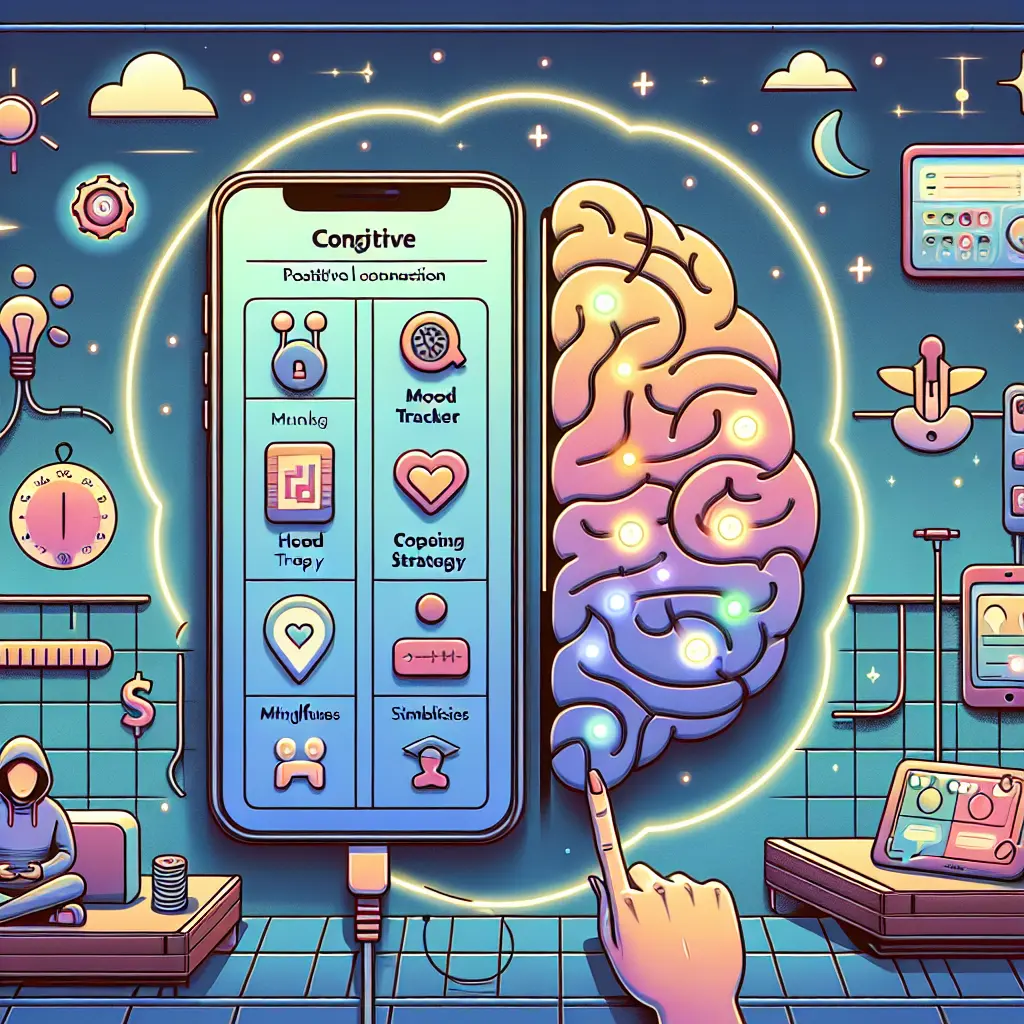In an era where digital technology is reshaping every aspect of our lives, mental health apps have emerged as a pivotal tool for enhancing teen wellbeing. These innovative platforms harness the power of mental health technology to provide accessible, effective support, offering a lifeline to teenagers navigating the complexities of adolescence. The impact of mental health apps on teen wellbeing cannot be overstated; they represent a shift toward more personalized, immediate, and interactive mental health resources for teenagers.
With rising awareness around teen mental health, these apps serve as crucial mental wellness tools that bridge the gap between traditional therapy and the digital age. They offer a variety of features, from mood tracking to digital therapy, making mental health support more engaging and less stigmatized. Teen mental wellness strategies now increasingly incorporate these digital tools, recognizing their potential to reach those who might otherwise be hesitant to seek help.
The benefits of using a mental health app extend beyond mere convenience. They are designed to complement existing therapeutic practices, providing a platform for continual support and monitoring. The effectiveness of these apps lies in their ability to adapt to the diverse needs of young users, offering a tailored experience that promotes sustained engagement and positive outcomes.
As we delve deeper into this topic, we will explore how technology and mental health intersect to create a new paradigm of care. By embracing this digital transformation, we open doors to improved communication, self-awareness, and proactive management of teen mental health challenges.
In the subsequent sections, we will take a closer look at specific benefits and their role in shaping the future of digital mental health for adolescents. This exploration will provide insights into how these apps are redefining support systems and empowering teens to take charge of their mental wellbeing.
The Impact of Mental Health Apps on Teen Wellbeing
In recent years, the proliferation of mental health apps has profoundly influenced the landscape of teen wellbeing. These digital tools have democratized access to mental health resources for teenagers and redefined how mental health support is perceived and utilized.
Mental health apps have become indispensable in many teenagers' lives, offering services such as digital therapy and mood tracking. Apps like Calm and Headspace provide guided meditation and mindfulness exercises that help teenagers manage stress and anxiety—a common challenge during adolescence.
One of the most profound impacts of mental health apps is their role in reducing the stigma associated with seeking help. Traditionally, many teenagers have been hesitant to seek support due to fear of judgment or embarrassment. However, the anonymity and privacy offered by these platforms make it easier for teens to access resources without fear of stigma.
Mental health apps have significantly improved accessibility to mental health resources for teenagers, especially those living in rural areas or communities with limited access to services. These apps break down geographical barriers, providing teens with necessary tools regardless of their location.
Enhancing Accessibility and Inclusivity
While mental health apps offer numerous benefits, they are designed to complement—not replace—traditional therapeutic practices. They supplement face-to-face therapy sessions by providing continuous support and monitoring between appointments.
One standout feature of mental wellness apps is their ability to offer personalized experiences through data-driven insights. Analyzing user interactions allows these apps to tailor offerings better suited to individual needs. For instance, apps like Moodfit use data analytics to empower teens to make informed decisions about their mental health.
Despite their many benefits, mental health apps are not without challenges. Concerns around data privacy and security remain paramount, given the sensitive nature of the information shared. Developers must ensure robust measures protect user data and maintain trust.
As we look towards the future, it’s clear that integrating technology and mental health will continue to evolve. Trends such as artificial intelligence hold promise for more personalized and effective resources. Ongoing research will provide valuable insights into optimizing these tools for greater efficacy.
Mental health apps have revolutionized teen wellbeing by democratizing access to resources, reducing stigma, and enhancing accessibility. While they complement traditional therapy by offering continuous support and monitoring, challenges like data privacy and the need for tailored solutions remain.








Leave a Comment